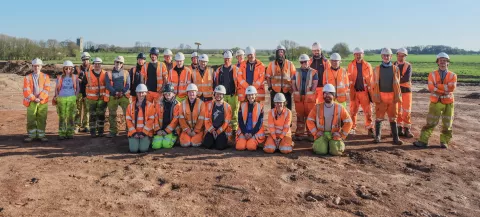Our people
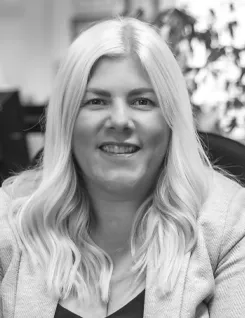
Tasha joined OA as HR Officer in April 2023.
Tasha has over 7 years of HR experience, having worked previously for Sainsbury’s as a HR Administrator for over 300 colleagues and more recently, for the Education sector, covering nine schools across Oxfordshire.
Tasha enjoys all aspects of HR and will be a welcoming, friendly face for all OA colleagues!
Outside of work, Tasha enjoys all the usual things- spending time with her family, walking the dog, shopping, weekends away and holidays!
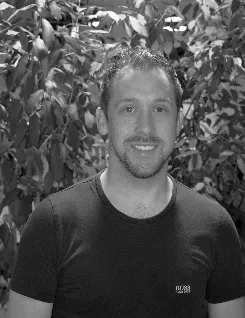
Levi has worked in IT since 2008, with a wide range of experience working across both the private and public sectors. He is approachable, friendly and always willing to help colleagues at Oxford Archaeology. He is based in the Cambridge office and in his role, he supports Head of IT, Tomasz Religa.
Outside of work, Levi enjoys playing musical instruments and singing.
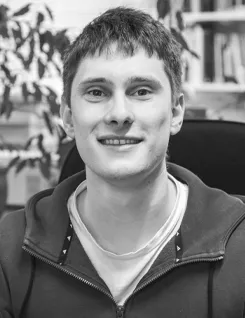
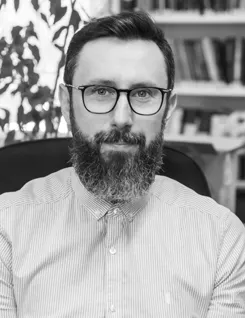
Tomasz has worked in IT since 2004. With a wide scope of experience in retail, management, mentoring and coaching as well as in technical support and client-orientated service, he is known to be an approachable and friendly colleague, with a keen sense of humour and an eye for detail.
As a Head of IT at Oxford Archaeology his role is to ensure the smooth operation of IT systems and delivery of exceptional support to all users. He manages key supplier relationships, ensuring access to optimal technology solutions for the organisation. Additionally, Tomasz plays a crucial role in supporting the successful delivery of IT projects, providing guidance and resources.
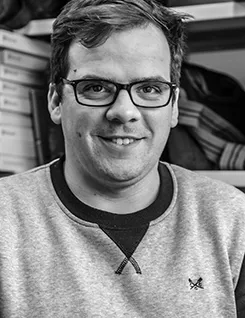
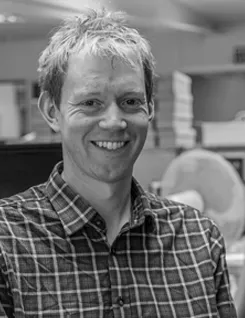
Alex gained his PhD at Cardiff University in 2016 looking at how we can understand Late Bronze Age and Iron Age society in the Thames Valley, following both his BA (Hons) and MA in Archaeology, also at Cardiff University. He joined Oxford Archaeology later in 2016 as a Project Officer in the Post-Excavation department at our Oxford office This role includes the analysis of predominantly prehistoric sites after they have been excavated, compiling information from specialist reports, and writing up assessments and publications.
His special interests are all aspects of the Bronze Age and Iron Age. He is also interested in the use of ethnography in archaeological analysis and how we can integrate all parts of the archaeological record to help understand prehistoric societies.
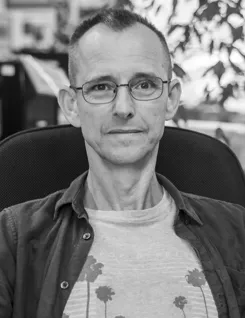
Andy has worked for OA since 1996, initially in the field and since 2005 in post-excavation, where he specialises in the analysis, interpretation and publication of the results of fieldwork projects. He has been principal author or contributor to more than forty published reports, including monographs and journal papers. He also undertakes copy-editing and proofreading duties for some of OA’s publications. Andy’s particular areas of interest include Roman rural settlement and burial, and the urban archaeology of Oxford. Among his recently completed projects are publications on a prehistoric landscape and Roman village at Gill Mill Quarry near Witney, Oxfordshire, the burial ground of the 18th/19th-century Radcliffe Infirmary in Oxford and a Roman villa estate at Harpole, Northamptonshire.
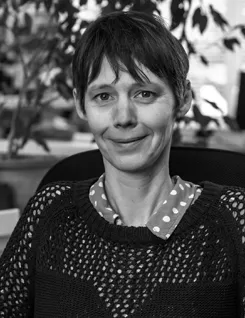
After ten years as a fieldworker from 1996-2006, Anwen’s PhD developed a multidisciplinary perspective on research practices in British prehistory over the last 40 years. From 2010-2022, Anwen was a postdoctoral researcher on the AHRC-funded ‘Island of the dead?’ project (University of Durham), the ERC-funded English Landscape and Identities project (University of Oxford), the AHRC-funded Prehistoric Grave Goods and Boundary Objects projects (Universities of Manchester and Reading), and the Leverhulme-funded Ebb and Flow project (University of Oxford). From 2020-2022, she also worked with colleagues at the Cambridge Archaeological Unit interpreting the fabulous archaeology from the Late Bronze Age pile-dwelling settlement at Must Farm, Cambridgeshire. In recent publications, Anwen has explored the character of archaeological ‘big data’, matters of time and scale in landscape archaeology, the subtle powers of understated funerary objects, and the role of rivers in shaping Bronze and Iron Age communities of practice.
Since September 2022, Anwen has been leading the UKRI-funded ‘Rewilding’ later prehistory project – a collaboration between Oxford Archaeology, the School of Archaeology, Oxford, the University of Exeter, Historic England, the Archaeology Data Service, Centre for Anthropobiology and Genomics of Toulouse, and Knepp Castle Estate rewilding pioneers: https://rewilding.oxfordarchaeology.com/

